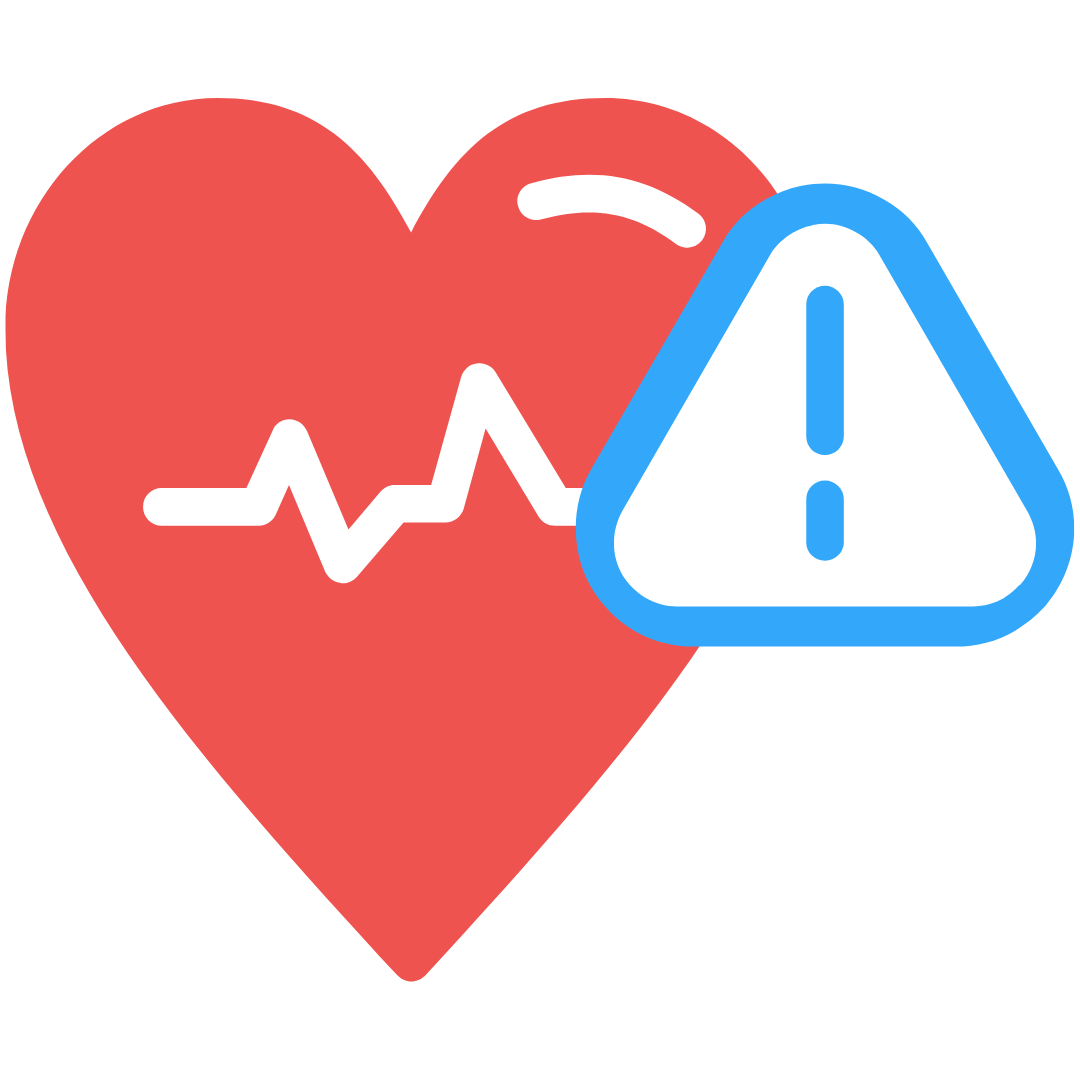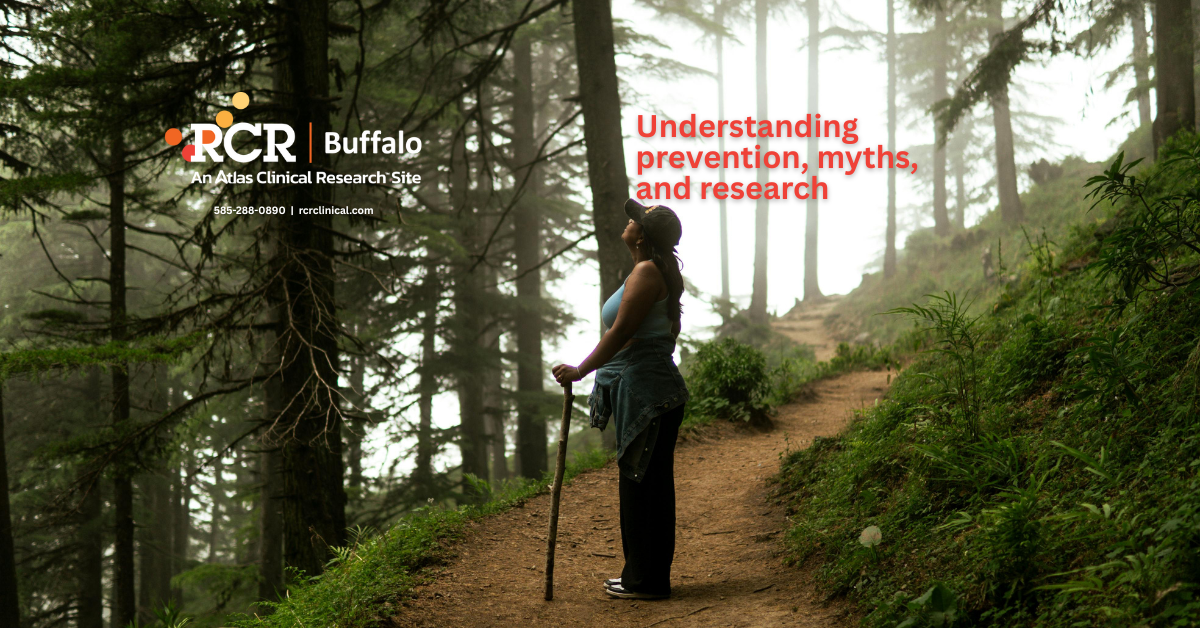Cardiovascular disease (CVD) is one of the leading health concerns in the United States, and its prevalence continues to rise. Many people associate cardiovascular disease with conditions like high blood pressure, hypertension, or stroke. While those are common, CVD actually covers a wide range of conditions including:
- Coronary artery disease
- Heart valve problems
- Congenital heart disease
- High cholesterol
- Cardiometabolic disorders
Understanding your risk can be the first step in prevention and better long-term heart health.
Common Risk Factors for Cardiovascular Disease
Several factors can increase your chances of developing heart disease. Some are controllable, while others—like age and family history—cannot be changed. Knowing your risk factors can help you and your doctor make informed choices about prevention and care.
- Key risk factors include:
- High blood pressure (hypertension)
- High cholesterol levels
- Obesity
- Smoking
- Sedentary lifestyle
- Age and family history
(Source: American Heart Association – Risk Factors for Heart Disease)
Symptoms to Watch For
Symptoms of cardiovascular disease can differ depending on the condition, but common warning signs include:
- Chest pain or tightness
- Rapid heartbeat or skipped beats
- Shortness of breath or exercise intolerance
- High blood pressure
- Dizziness or lightheadedness
- Headaches
- Unusual fatigue
If you experience any of these symptoms, it’s important to speak with your healthcare provider right away. Early detection is key to managing heart disease.
High Cholesterol and Heart Disease
High cholesterol, particularly LDL cholesterol (often referred to as the “bad” cholesterol), is a major contributor to heart disease. Over time, excess LDL cholesterol leads to plaque buildup in the arteries, which restricts blood flow and increases the risk of heart attack or stroke.
According to the CDC, millions of adults in the U.S. have high cholesterol but may not even know it. Regular screenings can help detect high cholesterol early, giving you the opportunity to take steps toward healthier heart outcomes.
(Source: Centers for Disease Control and Prevention – High Cholesterol Fact)
Cardiovascular Research Opportunities at RCR
With cardiovascular disease continuing to impact millions, clinical research plays a vital role in advancing treatments and prevention. At Rochester Clinical Research, we are committed to driving innovation in cardiovascular health.
We are currently enrolling—or preparing to enroll—participants in studies focused on:
- Hypertension (high blood pressure)
- High cholesterol
- Obesity & Heart Health (ASCVD)
Clinical research not only helps move science forward but also gives participants access to new investigational options and specialized care.
👉 Interested in participating? Learn more about our current cardiovascular studies or join our interest list to be notified about upcoming opportunities.
What This Means for You
Cardiovascular disease remains a leading cause of illness, but knowing your risk factors, recognizing symptoms early, and taking preventive steps can make a difference. Whether through lifestyle changes, medical care, or participating in clinical research, every step toward better heart health counts.
At Rochester Clinical Research, we’re here to support our community with innovative studies that aim to improve cardiovascular care and outcomes.




